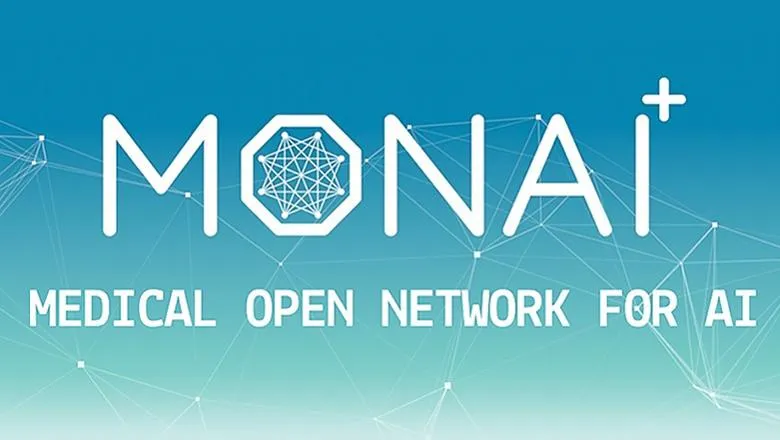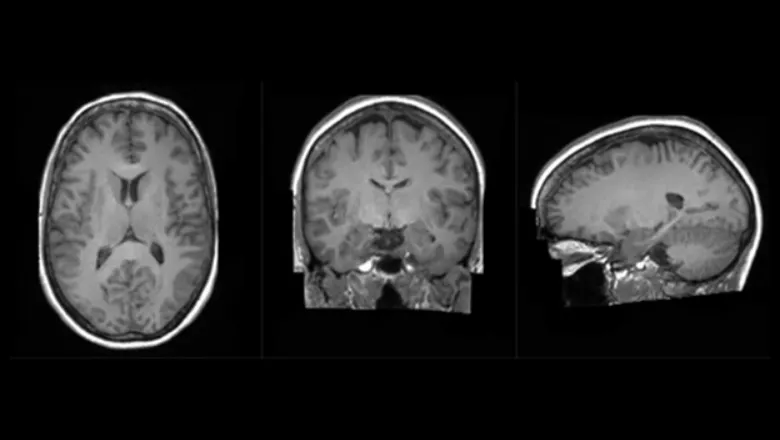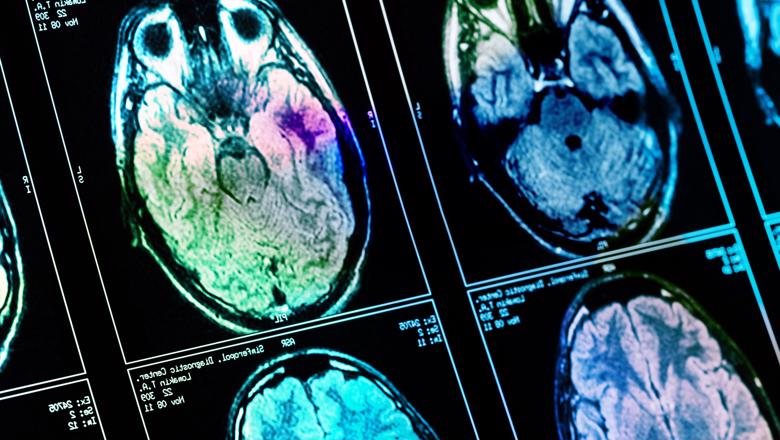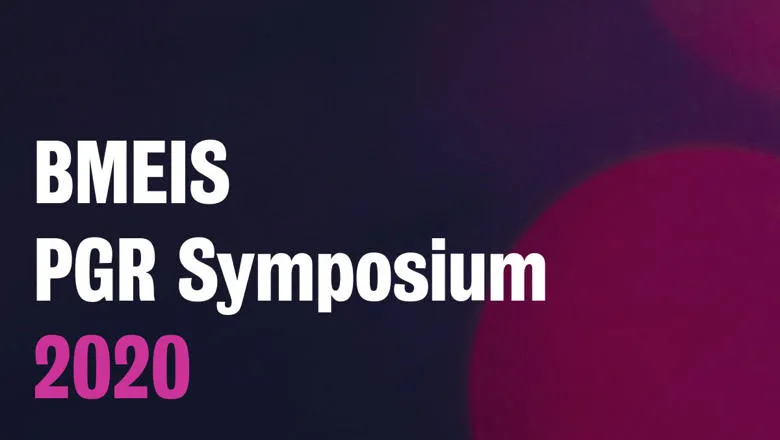
Dr Jorge Cardoso
Reader
Research interests
- Imaging sciences
Biography
M Jorge Cardoso is a Reader in Artificial Medical Intelligence at King’s College London, where he leads a research portfolio on big data analytics, quantitative radiology and value based healthcare. Jorge is also the CTO of the new London Medical Imaging and AI Centre for Value-based Healthcare.
Prior to King’s, Dr Cardoso was a Lecturer at UCL, Technical Lead of the Quantitative Radiology Initiative at the National Hospital for Neurology and Neurosurgery (NHNN), and Engineering Lead of the Neuro-oncology Flagship Programme at UCL, Institute of Healthcare Engineering.
He has more than 12 years expertise in advanced image analysis, big data, and artificial intelligence, and co-leads the development of NiftyNet, a deep-learning platform for artificial intelligence in medical imaging. He is also a founder of BrainMiner, a medtech startup aiming to bring quantitative biomarkers and predictive models to neurological care.
News
Radiology AI MedTech company deepc joins MONAI
deepc, a leading MedTech company in radiology AI, has announced its strategic alignment, compatibility, and commitment towards MONAI, the Medical Open Network...

King's accelerates synthetic brain 3D image creation using AI models powered by Cambridge-1 supercomputer
King’s, along with partner hospitals and university collaborators, unveiled new details today about one of the first projects on Cambridge-1, the United...

New MONAI tool eases the development of AI-assisted annotation models
The Medical Open Network for AI (MONAI) has released MONAI Label v0.1, an intelligent image labelling tool that speeds up the creation of annotated datasets...

Changes should be made to routine scans for brain tumours, say researchers
A new Position Statement from UK stakeholders highlights evidence gaps for routine follow up brain tumor imaging, but paves the way for evidence-based imaging

Federated learning may provide a solution for future digital health challenges
Federated learning could address the key issues related to the storage and use of sensitive medical data .

Helping to build the UK's most powerful supercomputer for AI in healthcare
King’s College London and Guy's and St Thomas' NHS Foundation Trust have been announced as founding partners of NVIDIA’s Cambridge-1, UK’s most powerful...

2020 BMEIS Postgraduate Research Symposium: Student-led symposium highlights postgraduate research excellence
This year’s School of Biomedical Engineering & Imaging Sciences Postgraduate Research Symposium, for the first time held online, on 21 July, attracted up to...

MONAI update accelerates the pace of innovation for AI development
MONAI v0.2 brings new capabilities, examples, and research implementations for medical imaging researchers.

AI Centre scales infrastructure to speed machine learning research
An innovative software platform is helping the AI Centre increase the speed at which it can train AI algorithms and get the best use out of its powerful...

News
Radiology AI MedTech company deepc joins MONAI
deepc, a leading MedTech company in radiology AI, has announced its strategic alignment, compatibility, and commitment towards MONAI, the Medical Open Network...

King's accelerates synthetic brain 3D image creation using AI models powered by Cambridge-1 supercomputer
King’s, along with partner hospitals and university collaborators, unveiled new details today about one of the first projects on Cambridge-1, the United...

New MONAI tool eases the development of AI-assisted annotation models
The Medical Open Network for AI (MONAI) has released MONAI Label v0.1, an intelligent image labelling tool that speeds up the creation of annotated datasets...

Changes should be made to routine scans for brain tumours, say researchers
A new Position Statement from UK stakeholders highlights evidence gaps for routine follow up brain tumor imaging, but paves the way for evidence-based imaging

Federated learning may provide a solution for future digital health challenges
Federated learning could address the key issues related to the storage and use of sensitive medical data .

Helping to build the UK's most powerful supercomputer for AI in healthcare
King’s College London and Guy's and St Thomas' NHS Foundation Trust have been announced as founding partners of NVIDIA’s Cambridge-1, UK’s most powerful...

2020 BMEIS Postgraduate Research Symposium: Student-led symposium highlights postgraduate research excellence
This year’s School of Biomedical Engineering & Imaging Sciences Postgraduate Research Symposium, for the first time held online, on 21 July, attracted up to...

MONAI update accelerates the pace of innovation for AI development
MONAI v0.2 brings new capabilities, examples, and research implementations for medical imaging researchers.

AI Centre scales infrastructure to speed machine learning research
An innovative software platform is helping the AI Centre increase the speed at which it can train AI algorithms and get the best use out of its powerful...

